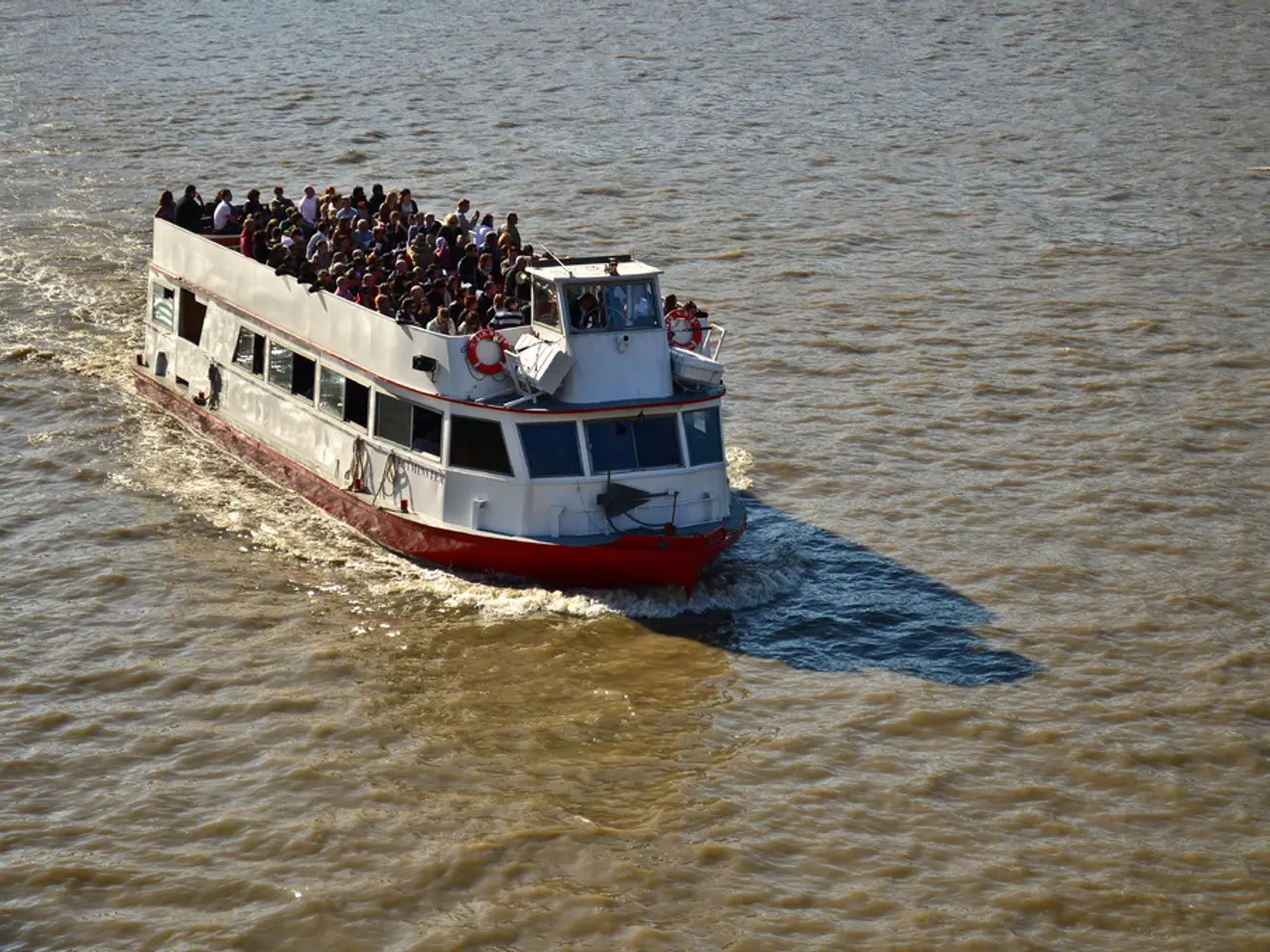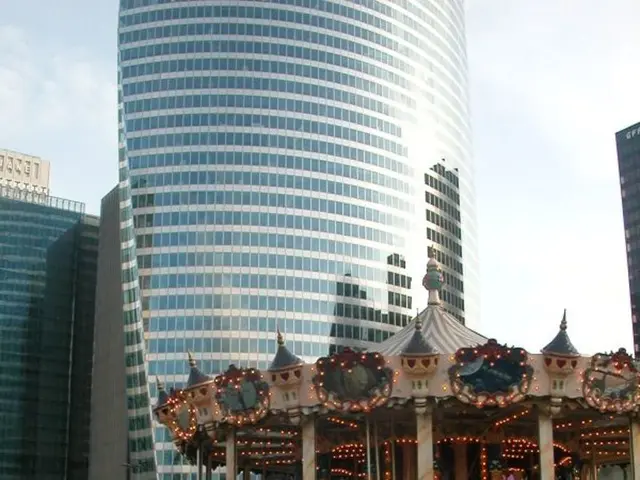Migrants Arriving in Algarve Transferred to Temporary Accommodation Centres
In a developing situation, Portugal is currently managing the relocation of 37 migrants, following a court order for their accommodation in a temporary installation center pending their return to their country of origin. The group, consisting of 25 men, six women, and seven minors, all Moroccan nationals, has been in the country since they landed on the beach of Boca do Rio.
Priority is given to individuals with family ties and minors during the relocation process. The temporary accommodation centers are managed by the PSP for foreign nationals subject to coercive measures of expulsion. These centers may also accommodate foreign nationals awaiting integration in reception centers or a decision on their international protection request.
The relocation process is being expedited due to human and logistical resources. Coordination is taking place with the PSP regarding vacancies in CIT and the relocation of migrants. Three adults and three youngest children will be accommodated in temporary migration centers today. The deadline for migrants to remain in temporary migration centers is 60 days. The entire process of leaving Portugal must be accompanied by PSP elements.
One migrant remains hospitalized and has not yet been heard by the authorities.
The landing of the 38 migrants on the beach of Boca do Rio led to increased surveillance along the Algarve coast by the Portuguese Navy and the National Maritime Authority since Saturday.
Portugal is undergoing significant immigration reform aiming to streamline and tighten immigration controls, including stricter employment contract requirements and clarified but stricter family reunification timelines. Family reunification remains a closely regulated process, with constitutional protections striking down some overly restrictive measures but confirming priority treatment for Golden Visa holders and highly qualified professionals.
Migrants in temporary installation centers typically undergo assessment, registration, and eligibility evaluation for relocation or integration programs, but exact timelines and processes can vary depending on government capacity and legal procedures. Any relocation of migrants would generally involve coordination among immigration authorities, social services, and possibly international or local NGOs, with timelines dependent on individual case complexity and available routes such as asylum or work permits.
For precise details on the relocation timeline of the 37 specific migrants and procedural steps in temporary centers, official Portuguese immigration bodies (like SEF) or humanitarian organizations involved would likely have the most accurate and updated information.
Read also:
- Court petitions to reverse established decision on same-sex marriage legalization
- Trump's enforcement actions in Washington D.C.: Insights from the political arena
- Chinese Ambassador issues stern message to India regarding Trump's tariffs in midst of escalating trade feuds
- Aircraft collides with another one on the runway during landing at Montana airport, igniting flames







